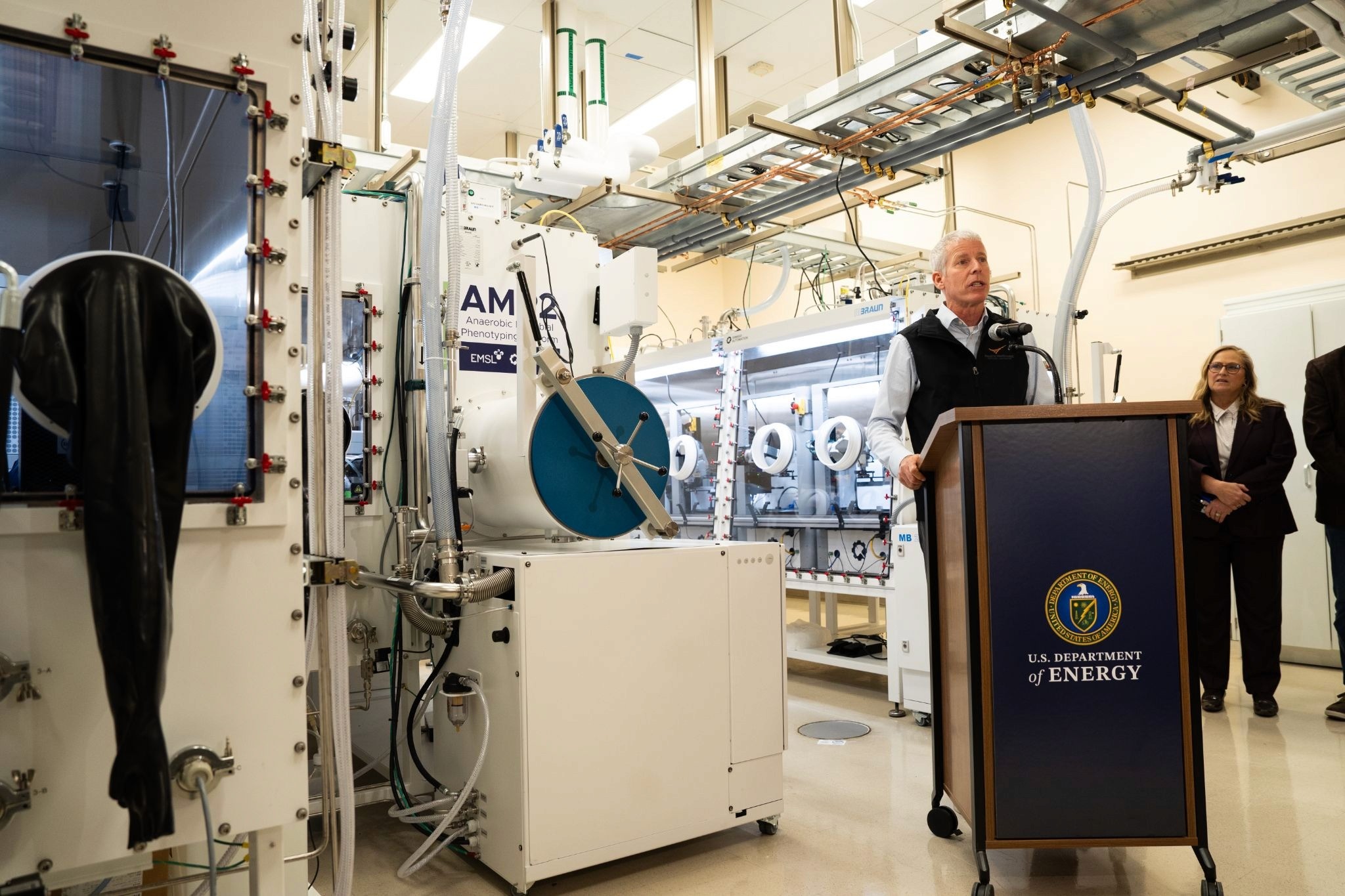Ai Digital Biology
How Automation is Accelerating Biology to Improve Reproducibility and Standardization
Feb 28, 2017
Biology has been on a relentless march towards becoming more of an engineering discipline through the processes of modularization and standardization. Through this process, the costs of conducting biological research are dropping precipitously, thereby enabling more and more people to engage in research and generate more information. However, this massive increase in researchers, data generation, and the march towards standardization comes with its own logistical challenges. We must be able to reliably store, analyze and manipulate this information, as well as facilitate reliable and reproducible high-throughput experimentation.In this upcoming SynBioBeta London session of Hardware, Software and Automation, we have invited several people who are working to facilitate the transition of biology into an engineering discipline by building the necessary infrastructure.First, we start with the individuals building hardware that will enable more individuals around the world to do research in a low-cost environment, Bethan Wolfenden of Bento Bio and Will Canine of Opentrons. Bento Bio is a company creating an all-in-one portable device which contains a centrifuge, a thermocycler, and an electrophoresis gel and light box. This kit, which costs around $1000, enables the mass public, including smaller, resource restricted communities, to start working with DNA and microbes, either in their own lab or in the field. They are inspired by “how movements like Arduino or Raspberry Pi are empowering citizens to co-create and be technology-literate.”

Source: www.bento.bioIn the same way Bento Bio is seeking to improve access to basic microbiology tools, Opentrons is seeking to improve access to high throughput experimentation. The way most current research is still conducted is with a scientist manually moving around and mixing very small volumes of water in a painstaking and difficult to reproduce manner. In fact, in a previous interview, Will mentioned a Nature article which has found that “irreproducible biology research costs put at $28 billion per year.” This amount of waste is incredible, and in an effort to combat it, Will and Opentrons have created a low-cost liquid handling robot. This robot will serve two goals: first, it will remove human variation in pipetting skills from the equation; second, it will allow for much more high-throughput experiments by automating the pipetting process, which will allow for a more robust statistical analysis. Similar to Bento Bio, the low price tag of $3000 will allow Opentrons to find a home in most laboratory settings, greatly facilitating the research process.The next set of individuals seek to facilitate biological research by building software platforms. Irina Makkeaveeva from Protocols.io and Sean Ward from Synthace recognize one of the biggest issues of biological research: the inaccurate communication of methods. This is another factor contributing to the $28B per year of irreproducible biology research. Protocols.io is a platform where life science researchers can build, modify and share their protocols. This not only allows other researchers to faithfully reproduce the methods of another, it also provides a paper trail of any method allowing us to see the evolution of the protocol over time which will illuminate the process it took to get from one insight to the next. Synthace takes this process a step further. Synthace creates a technology called Antha, which they describe as “an operating system for biology.” Antha is a high-level programming language for biology and the software interface between the hardware and the wetware. It allows a researcher to build a protocol then communicate it to his lab equipment, its Opentrons robot, for example, to conduct the experiment. In this way, Antha is attempting to be the complete package of designing experiments and interfacing with our tools.From the software, we are now moving to the wetware and the devices and services that enable wetware development. Davide De Lucrezia of Explora Biotech seeks to enable synthetic biology research by providing multiple different services, including gene design and synthesis, custom protein expression and labeling, and media optimization or strain adaptation, among many others. By leveraging Explora’s expertise with these services, researchers can focus on what they’re good at and optimize their research and discovery process.Giles Ochs of Prospect Bio is also providing tools to help researchers develop new wetware. Specifically, they are developing a set of orthogonal biosensors that work in vitro for use in strain development. These biosensors enable others to screen large libraries of engineered microbes, which accelerates the time to commercialization while reducing costs . Dirk Loeffert from Biomillenia is also approaching the screening problem, however he is using a different approach. Biomillenia is developing a device to miniaturize screening assays to allow for the screening of over 100 million variants in only 3 days. Last but not least, Renee Wegrzyn represents the US Agency that has an enormous interest in seeing this technology flourish: DARPA. Dr. Wegrzyn joined DARPA in 2016 as the Program Manager in the Biological Technologies Office (BTO) and is interested in applying the tools of synthetic biology to support biosecurity and outpace infectious disease. DARPA has been the largest funder of basic synthetic biology R&D and in 2014 surpassed $100,000,000 in investment.In response to the call for greater access to biotechnology, these companies are working to build the infrastructure necessary to rapidly develop and iterate upon biological design, which will only serve to accelerate the field even further.
Join us at SynBioBeta London 2017, April 4 - 6th at Imperial College London to discuss this and other synthetic biology topics.


















